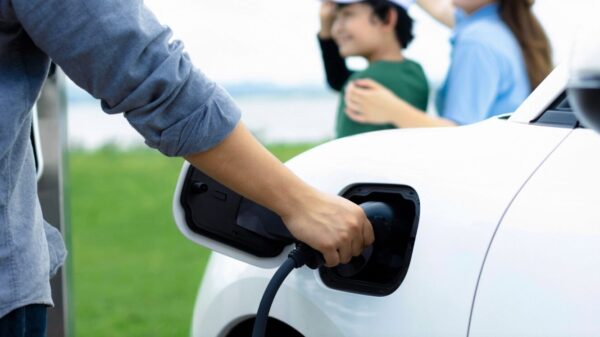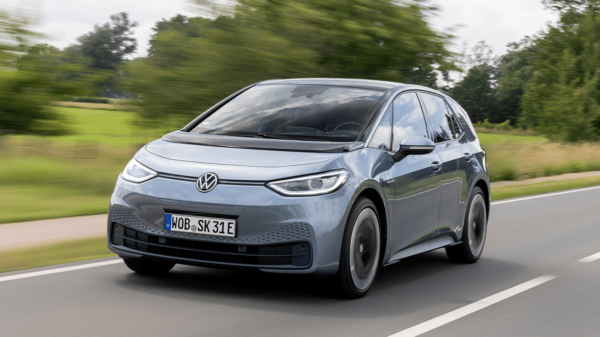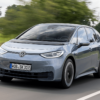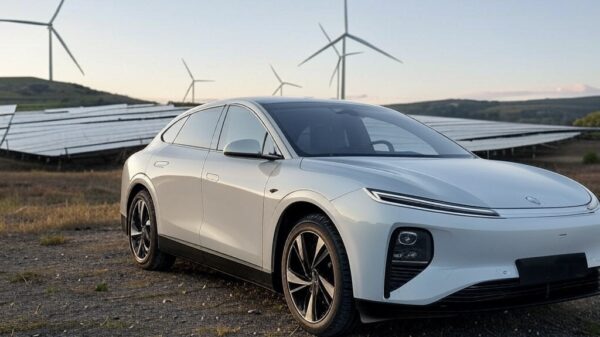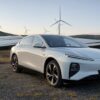Energy ministers from member countries of the European Union (E.U.) have approved a new law that will prohibit the sale of CO2-emitting vehicles starting in 2035.
The law passed on Tuesday will also require cars with internal combustion engines to have 55 per cent less CO2 emissions by 2030 and vans will need to have 50 per cent lower emissions by the end of the decade as well.
“The direction of travel is clear: in 2035, new cars and vans must have zero emissions,” said E.U. Climate Policy Chief and Executive Vice-President of the European Commission Frans Timmermans.
The EU Council has adopted new rules to reduce air pollution from cars and vans:
➡️ 55% CO2 emission reductions for new cars and 50% for new vans from 2030-2034 compared to 2021 levels
➡️ 100% CO2 emission reductions for both new cars and vans from 2035#Fitfor55 pic.twitter.com/LJ1RH0ZCci— German Embassy Washington (@GermanyinUSA) March 28, 2023
Read more: Volkswagen to establish the first electric battery cell facility in St. Thomas, Ontario
Read more: Iranian authorities discover second-largest lithium deposit on earth
The 2035 law passed Tuesday follows weeks of delay caused by opposition from Germany, which has demanded exemptions for the sale of combustion engine vehicles that run off of e-fuels after the law takes effect in 2035. An agreement was eventually reached between Brussels and Berlin on Friday night.
The European Commission plans to host discussions regarding how e-fuels can be utilized after 2035 this fall.
European lawmakers implement law to deploy alternative fuels infrastructure
The Commission also announced a new law taking effect on Tuesday to help establish hydrogen refueling and electric recharging infrastructure across the E.U.’s main hubs and transport corridors.
The new law is part of the European Green Deal, the E.U.’s long-term decarbonization strategy which aims to make all of the member countries climate-neutral by 2050.
Zero-emission mobility has to be supported by the right infrastructure, ready for you when you need it, where you need it. Every driver in Europe should be certain that they can travel in confidence throughout the continent. This agreement makes it possible ⬇️ https://t.co/oGObtNSA8z
— Frans Timmermans (@F__Timmermans) March 28, 2023
Read more: International lithium market to reach US$22.6B by 2030: ReportLinker
Read more: UC San Diego researchers grow high-performance lithium crystals
The new Regulation for the Deployment of Alternative Fuels Infrastructure (AFIR) framework was agreed upon by the European Parliament and Council Tuesday.
“Today’s agreement takes us a step further on the pathway to decarbonizing mobility in Europe. It will ensure that citizens and transport and logistics companies alike can rely on a strong network for charging and refueling infrastructure on our roads, and in our ports and airports, across the European Union,” said Adina Vălean, European Commissioner for Transport.
rowan@mugglehead.com







